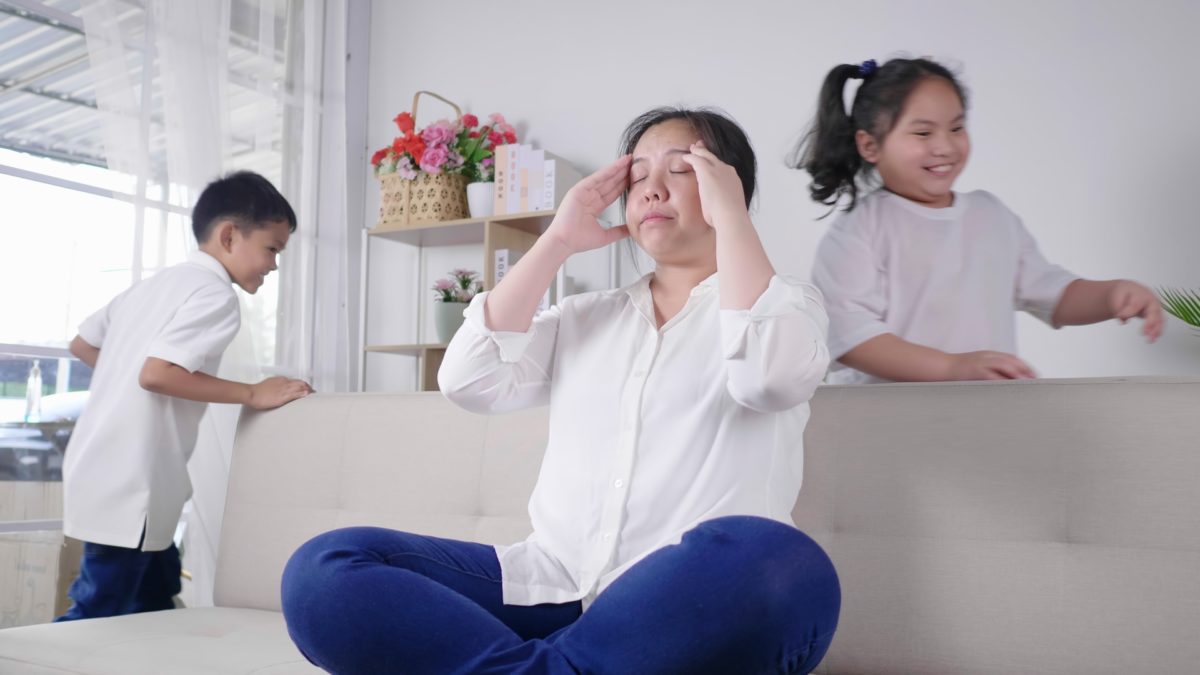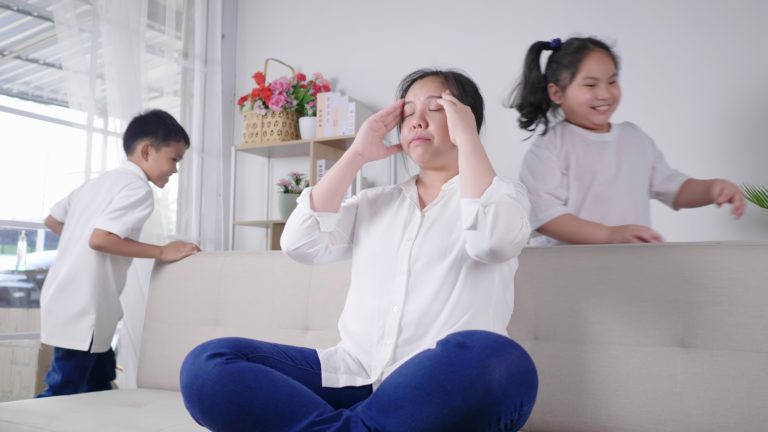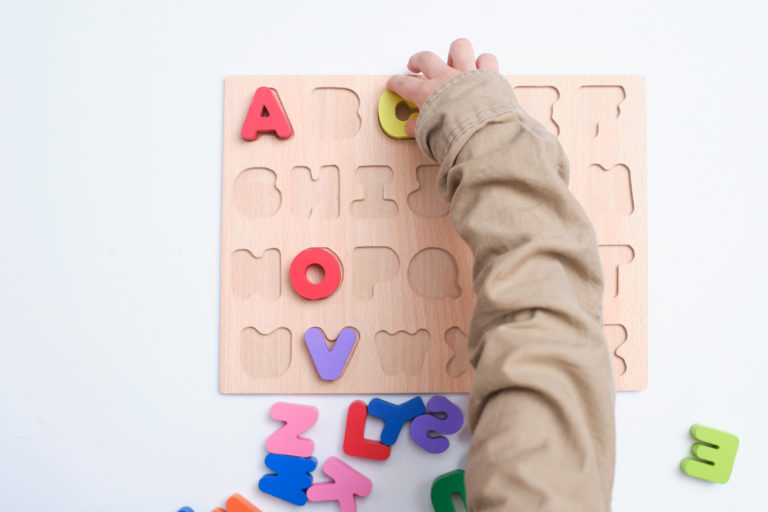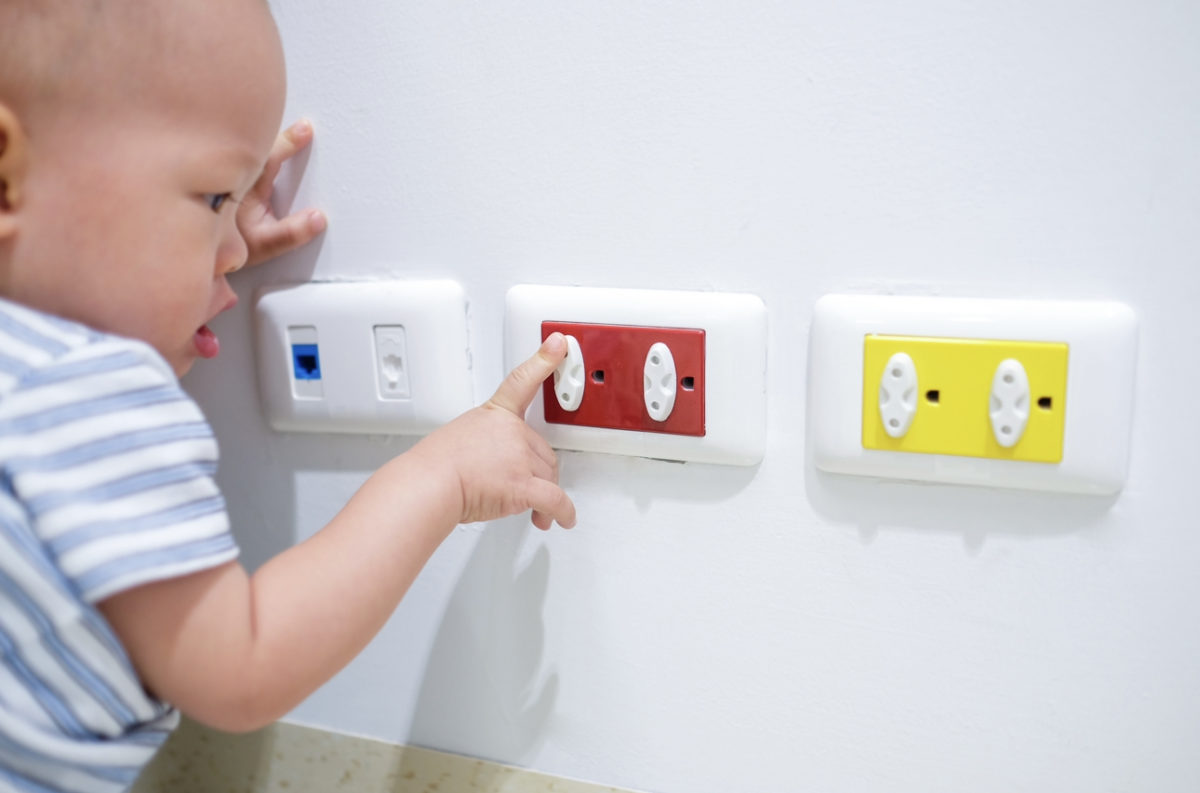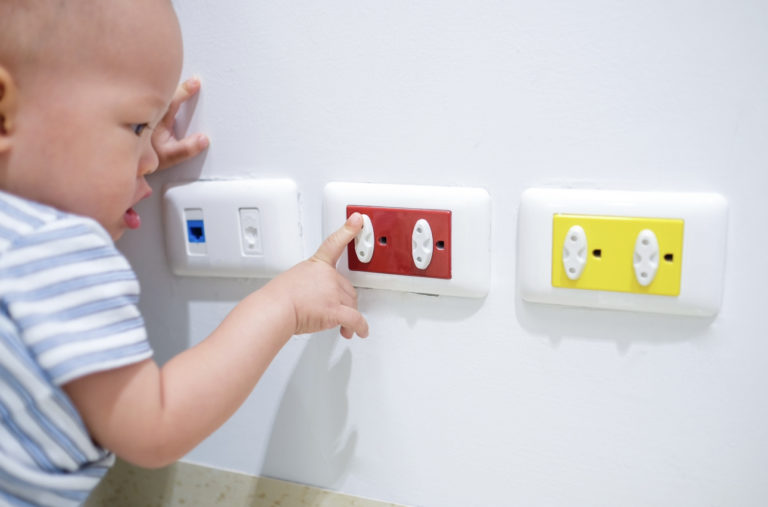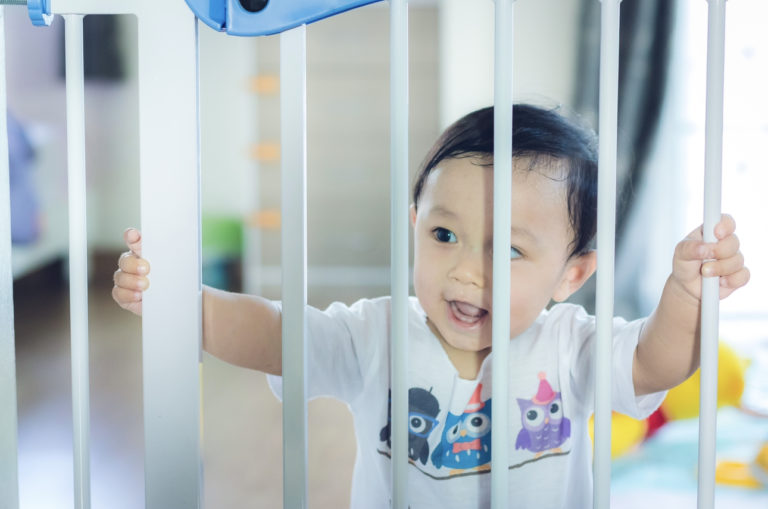Parent Tips
Regarding the issue of enrolling in preschool, experts will answer you

Source: Education experts Leung Wing Lok and Chiu Wing Tak
Question: My daughter is currently in K2, and I want to apply for a private school for her. I plan to start her with tutoring and learning the violin. Is the chance slim? What kind of interest classes or academic classes should she take to increase her competitiveness?
Chiu: I think if you choose interest classes, you should consider what type of activities the school prioritizes. For example, many schools have orchestras, dance classes, or singing classes. If your child is learning the viola, her chances might be limited because the demand for viola players is not as high. If she learns the violin, as orchestras usually require many violin players, her chances will be better. Alternatively, learning to dance or sing can also be beneficial.
Leung: My opinion is relatively straightforward. Some parents pursue learning less common instruments, thinking that schools might prefer that. For example, learning the harp or African drums. However, I believe it is essential to consider the child’s genuine interests. During the interview process, if the school sees the child’s enthusiasm for that particular instrument or music, it will be a plus. Whether she learns a popular or less common instrument, I think the impact is relatively minor. The most crucial aspect is to let the school see the child’s passion for music.

Question: My child is about to enroll in kindergarten, but he is a bit timid and afraid that he won’t speak during the interview. What should I do?
Chiu: That’s a significant issue. If he doesn’t speak, it would be a pity, like “making a great effort but falling short at the crucial moment.” I have thought of a method that you can consider. When practicing the interview with your child, you can record the process as if it were a real interview. Then, when necessary, for example, if your child suddenly becomes speechless during the interview, you can show this recording to the school teacher and say, “Teacher, could you please watch this clip? Actually, my child speaks regularly.” Play the video for the teacher. If the teacher has empathy, I believe they will take a look. When the teacher watches it, the child will also show interest, and it will be easier for him to start speaking.
Leung: That’s a good approach, but the prerequisite is that parents need to be well-prepared. I think the most basic thing is to engage your child in conversations about topics and interests as much as possible in daily life, so that your child will speak more naturally when facing strangers. Another thing to note is that parents should not answer for their child when they are not speaking. When you answer for them, you are actually doing them a disservice, akin to cheating.
Question: Is there a problem if we don’t enroll in Pre-Nursery (PN) classes? Because the tuition fees are quite expensive, and some friends say their children take more sick leave days than going to school.
Leung: It’s hard to generalize. Actually, if the family environment permits, and there’s someone to take care of the child, not attending PN classes may not be a big problem. However, some parents worry that not attending PN classes might make it difficult for their child to progress to K classes, and that’s another concern. So, it depends on individual circumstances.
Chiu: Indeed, many parents are concerned that if everyone else attends PN classes and their child doesn’t, their child may lag behind in competition. This is a real worry. As for what to learn in PN classes, they typically focus on cognitive abilities, self-care skills, social skills, and communication abilities. As long as parents can teach these four things to their children, such as teaching them to recognize words, communicate effectively, make friends, and take care of themselves, there may not be a need to attend PN classes.

Question: My daughter was born in mid-January, which is an awkward month. Should I enroll her in the younger class (N class) as a “younger child” or put her in the older class (K1) as an “older child”?
Chiu: Personally, I prefer being an “older child” as there are many advantages to it. Firstly, you’ll be stronger and have the opportunity to become a leader or class monitor in the future. If you’re a “younger child,” others might pat your head, and younger kids being treated like little brothers or sisters might not be too happy. Secondly, being an “older child,” you’ll have more experience. You’ll be a few months older than other kids, so you’ll have more experience, making it easier to absorb knowledge while studying. Being an “older child” also means you’ll have stronger self-care, communication, and social skills, benefiting you in many ways.
Leung: The age difference between children might already be significant and being an “older child” entering school would truly give an advantage at the starting line. There’s another downside to being a “younger child” as it’s possible that your child might not keep up with the rest and could face repeating the same class. Facing the possibility of repeating can seriously affect a child’s confidence, and it’s challenging to regain once it’s lost.





